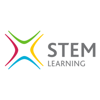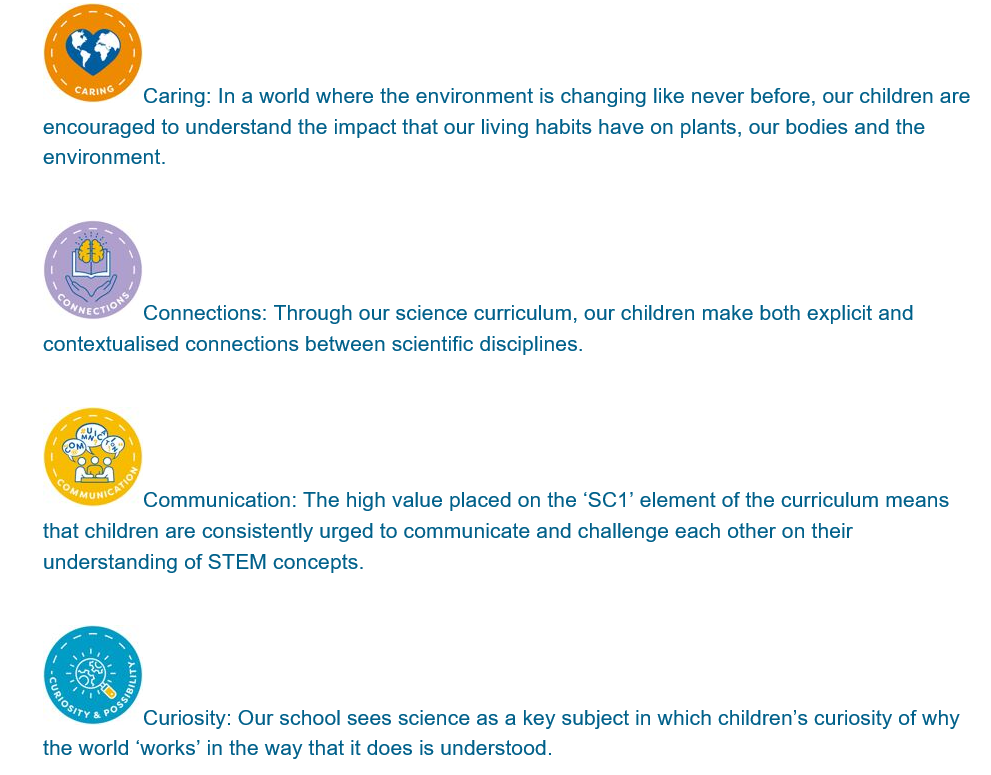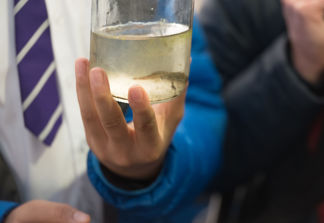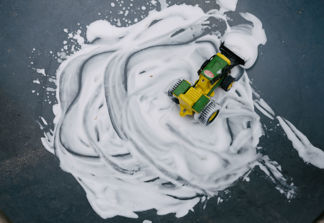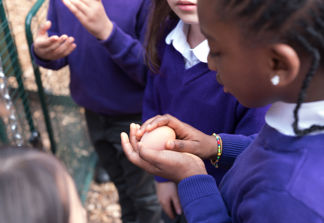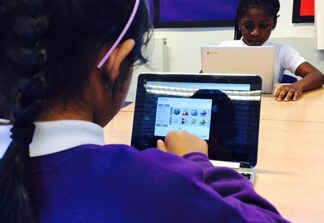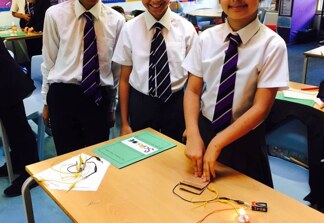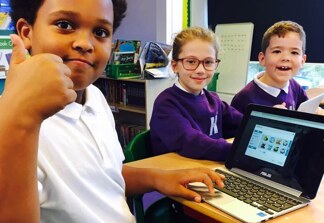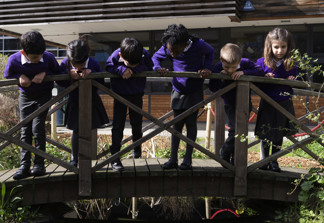- Home
- Hugh Myddelton
- Curriculum
- STEM
STEM
STEM incorporates Science, Technology, Engineering, and Maths. Our pupils have many opportunities to develop a wide range of skills as part of the science and design technology curriculum. We strive to inspire the next generation of scientists, engineers and designers by delivering engaging, practical lessons. Not only does STEM ensure the growth of subject-specific skills, but also those that are needed in everyday life.
Science overview
Progression of skills
Working scientifically skills
The science curriculum enables pupils to develop an understanding and ideas of the biological and physical world around them that relate to biology, chemistry and physics. It allows pupils to develop their substantive knowledge, alongside disciplinary knowledge during practical lessons while all pupils are supported and challenged. Alongside this, it develops the scientists of the future, who are able to ask and answer a range of questions while applying knowledge confidently.
All topics have a working scientifically focus and science enquiry. Working scientifically is the bedrock of science learning. The main skills that children develop throughout their school career are as follows;
- Research
- Observing over time
- Identifying and classifying
- Pattern seeking
- Comparative and fair testing
These skills are applied during an investigation that answers a range of scientific questions that relate to a topic. Please see below for yearly topic overviews and how children apply the skills needed to become effective scientists. Along with this, they allow pupils to ask and answer questions while finding a scientific solution to a posed question. During this part of each topic, they develop a method, use equipment, artefacts and resources, record findings and interpret results.
Pupils start to develop an understanding in EYFS (Understanding the World) and progress throughout each year group. With each topic, pupils are taught substantive knowledge with disciplinary knowledge to allow them to experience how to work scientifically (fair/comparative testing/identifying & classifying/pattern seeking/research/observing over time) while progressing their skills and use of recording, presenting and using vocabulary.
The working scientifically skills are mapped and linked to a topic each year to allow pupils to develop in all areas of the science curriculum and in accordance with the NC curriculum.
Each unit of work begins with a topic web which allows pupils to recap any previous learning and ask questions that they would like answered – this in turn impacts planning and ensures pupils are progressing, rather than being taught only statutory objectives. Pupils also highlight scientific vocabulary that they already can define with vocabulary they have yet to come across. The focus is then to broaden not just science vocabulary but also understanding and application.
We also ensure there are opportunities to link learning to other subjects, with a focus on writing and reading within lessons and using maths to present data. The way our science curriculum is planned and delivered allows our pupils to develop a broad range of skills, think scientifically and become young scientists of the future. We ensure that pupils understand where their learning can take them and how science is not simply knowledge, but enables them to work collaboratively while incorporating English, maths and skills from the wider curriculum.
It is through science investigations that we can ensure all pupils experience knowledge, skills and vocabulary, which enables them all to use and apply this successfully.
Pupils are also offered extra-curricular trips and events, such as STEM week, to further develop their curiosity and enthusiasm for science and the world around them. Our STEM week raises the profile of the subject and motivates learning across the school each year, while highlighting well-known scientists, job and careers, as well as bringing an engaging theme that links to British Science Week and worldwide issues and topics.
Design and Technology:
Design and Technology aim to develop children’s ability to design, build and evaluate a wide range of products. Children are encouraged to create items for a purpose and to become proficient in using a range of techniques, materials, and tools.
The inspiration for the children’s work often originates from other topics in class and strong links are made with art, science, and maths to support this. We also promote healthy eating through the curriculum with each class cooking at points throughout the year.
Useful websites:
STEM Learning www.stem.org.uk
Science Museum www.sciencemuseum.org.uk/home
Bill Nye (The Science Guy) www.billnye.com
NASA Kid’s Club www.nasa.gov/kidsclub/index.html
National Geographic Kids www.kids.nationalgeographic.com
Wow Science www.wowscience.co.uk
Discovery #Mindblown www.discoverymindblown.com
Science Kids www.sciencekids.co.nz
Left Brain Craft Brain www.leftbraincraftbrain.com/engineering-projects-for-kids/
STEM Village www.stemvillage.com/
